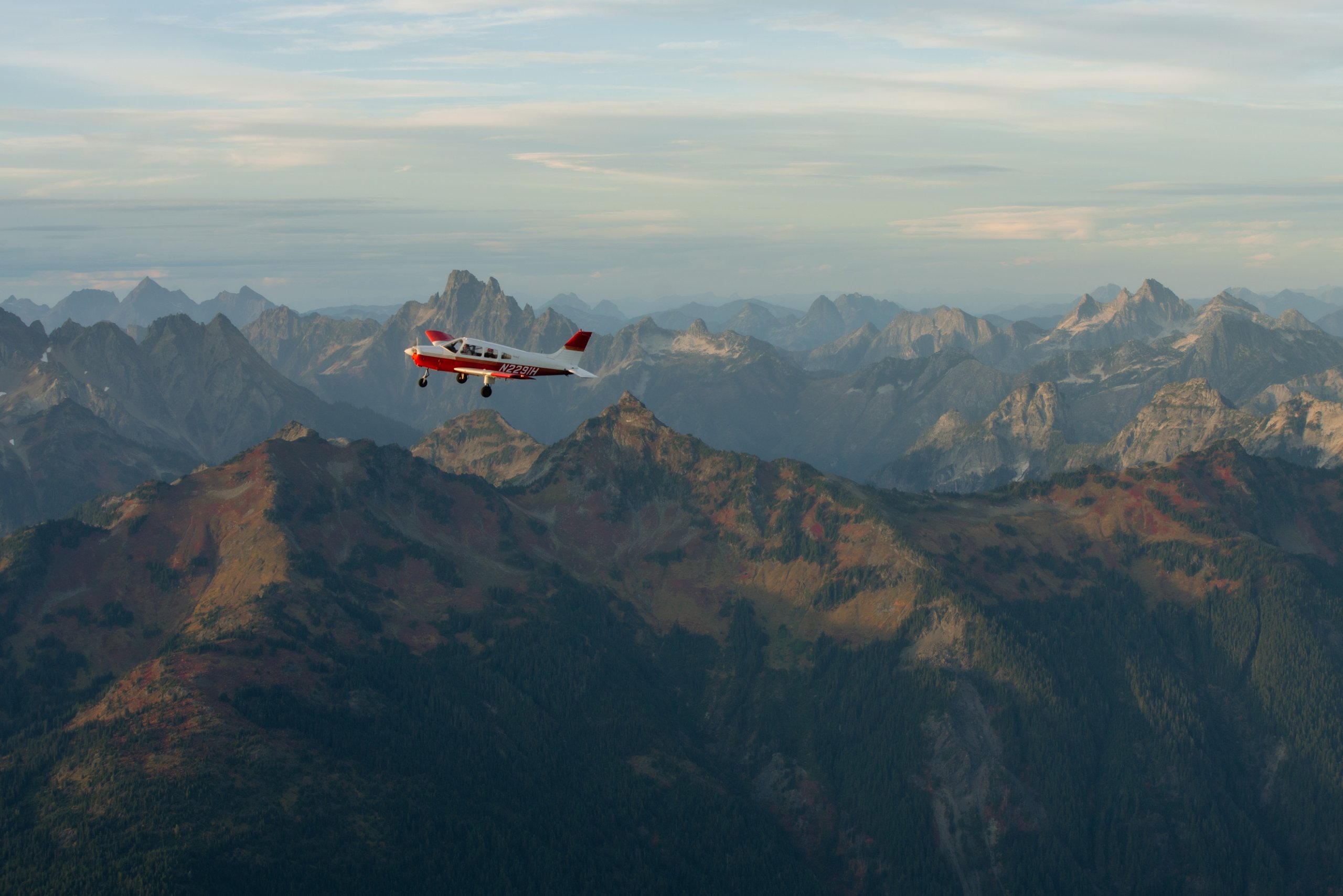
Technical Assistance Grant
Please note this grant will not be offered in 2026.
The Technical Assistance Grant will subsidize the cost of industry-specific expertise for tourism-related projects that stimulate economic development for destination communities. Eligible projects for grant funding may include design plans for tourism infrastructure, marketing expertise, workforce training programs, and other consulting services for tourism pursuits. Washington-based tourism stakeholders may request up to $15,000 in grant funding based on project eligibility.
Local governments, tribes, chambers of commerce, destination organizations, and other nonprofit organizations that support travel and tourism are eligible to apply.
View 2025 grant recipients here.
2025 Application Timeline
Feb. 5: Info Webinar | View the recording
Feb. 13–March 15: Application period
Mid-April: Award recipients will be notified by email
Early May: Estimated date grant funds will be made available. Funds must be expended by Nov. 30, 2025.
Eligible Project Segments
The following segments may include but are not limited to funding from the Technical Assistance Grant.
Workforce Training
- Scholarship, internship, or apprenticeship programs
- Customer service training
- Industry education and safety initiatives
- Strategic planning for workforce recruitment and retention
Agritourism
- Expanding or creating new festivals and farm markets
- Enhancing agritourism products and experiences
- Education, environmental, and safety initiatives
- Marketing expertise for maps, itineraries, FAM tours, etc.
Bike Tourism
- Infrastructure planning and design (intersection and crosswalk safety, repair stations, bike lanes, and expanded shoulders)
- Cultivating niche markets and networks
- Subject matter experts for guide training, identifying and evaluating recreational areas, bicycle touring routes, marketing collateral, etc.
Outdoor Recreation
- Trail promotion and management, including waste management, parking/transportation strategies, and ways to combat overcrowding
- Infrastructure planning and design for recreational areas
- Economic and environmental impact studies
- Instruction and curriculum development for guide training
Scenic Byways
- Developing or updating corridor management plan (CMP)
- Identifying and evaluating tourism assets
- Restoration, interpretation, and conservation projects
- Economic and environmental impact studies
- Infrastructure planning and design
Water Recreation
- Cultivating niche markets and networks
- Developing marketing campaigns and collateral
- Education, environmental, and safety initiatives
- Strategic planning to improve the promotion and management of water recreation, such as identifying and evaluating water resources, guide training, habitat conservation/restoration, etc.
- Infrastructure planning and design (access points, restrooms, parking lots, wayfinding, mile markers, and signage)
Applicants are strongly encouraged to match a portion of their grant request with cash or in-kind contributions. Grant funds from SWT should not pay for staff salaries, debt, or interest payments associated with eligible projects. Applicants are also strongly encouraged to collaborate with local destination marketing organizations and industry partners on eligible projects.
Stipulations for Working with Contractors
Tourism Stakeholders should express an intention to seek contract work from a third party without naming a vendor. When describing the work, applicants should specify deliverables and the desired qualifications of vendors.
Applicants must also abide by the following stipulations as outlined by the Washington State Department of Commerce:
If a micro-purchase (up to $10,000):
- The price is reasonable based on research, experience, purchase history, or other information and must be documented.
- For professional services, Commerce recommends creating a contract to ensure deliverables will not exceed $10,000 as a best practice.
If a small purchase ($10,001 – $30,000):
- Quotes were obtained from at least three sources.
- The price is reasonable based on research, experience, purchase history, or other information and must be documented.
- The purchase limit can reach $40,000 if using a certified small or veteran-owned business as outlined in RCW 39.26.010(22).
For purchases above $30,000 (or $40,000 if using a certified small or veteran-owned business), applicants will need to follow the federal procurement process outlined in 2 CFR 200 procurement.
Applicants awarded grant funds must submit all contracts/contractors involved with each project to SWT for review and approval. Contractors must be billed on a reimbursement basis after services are rendered. If applicable, some eligible expenses can only be covered at OFM reimbursement rates.
Reporting Requirements
Grantees must submit two reports (an interim and a final evaluation) and comply with quarterly check-in meetings for the duration of the grant project. If awardees fail to submit an evaluation, their consideration for future grants may be adversely affected.
The project evaluation should include:
- A final budget
- Proof of spending
- Vendor W-9 form
- Photos, deliverables, key findings, etc.
- A written account of how the grant funds were used and their impact on travel and tourism.
Be sure to view the FAQ page for this grant program as well as the FAQ page for the application portal. For questions, contact Matthew Ozuna at matthew@stateofwatourism.com.
These funds are made possible through a federal grant from the Economic Development Administration, awarded to State of Washington Tourism by the Washington State Department of Commerce for tourism industry pandemic recovery, and are intended for rural and underserved communities.
